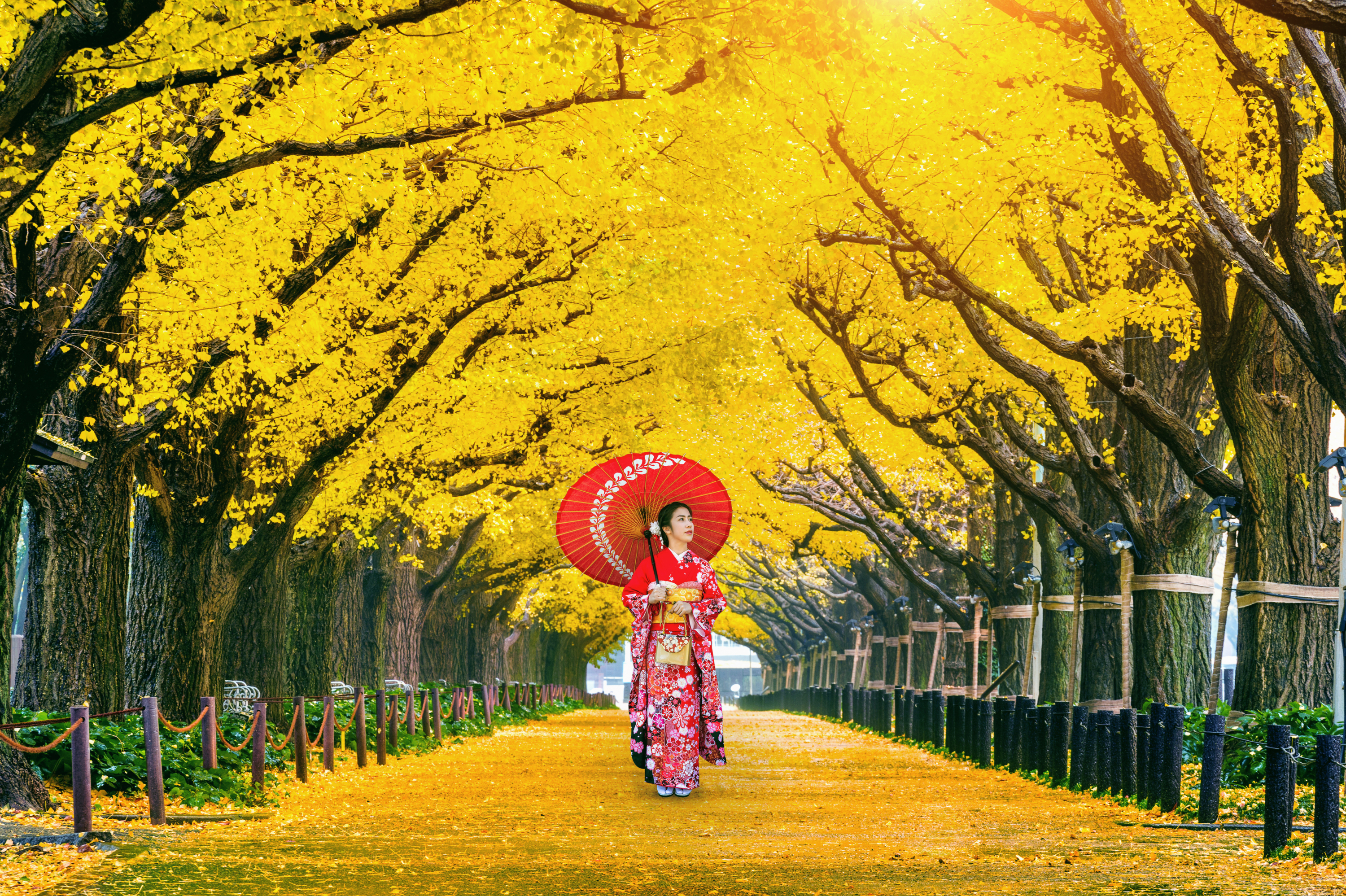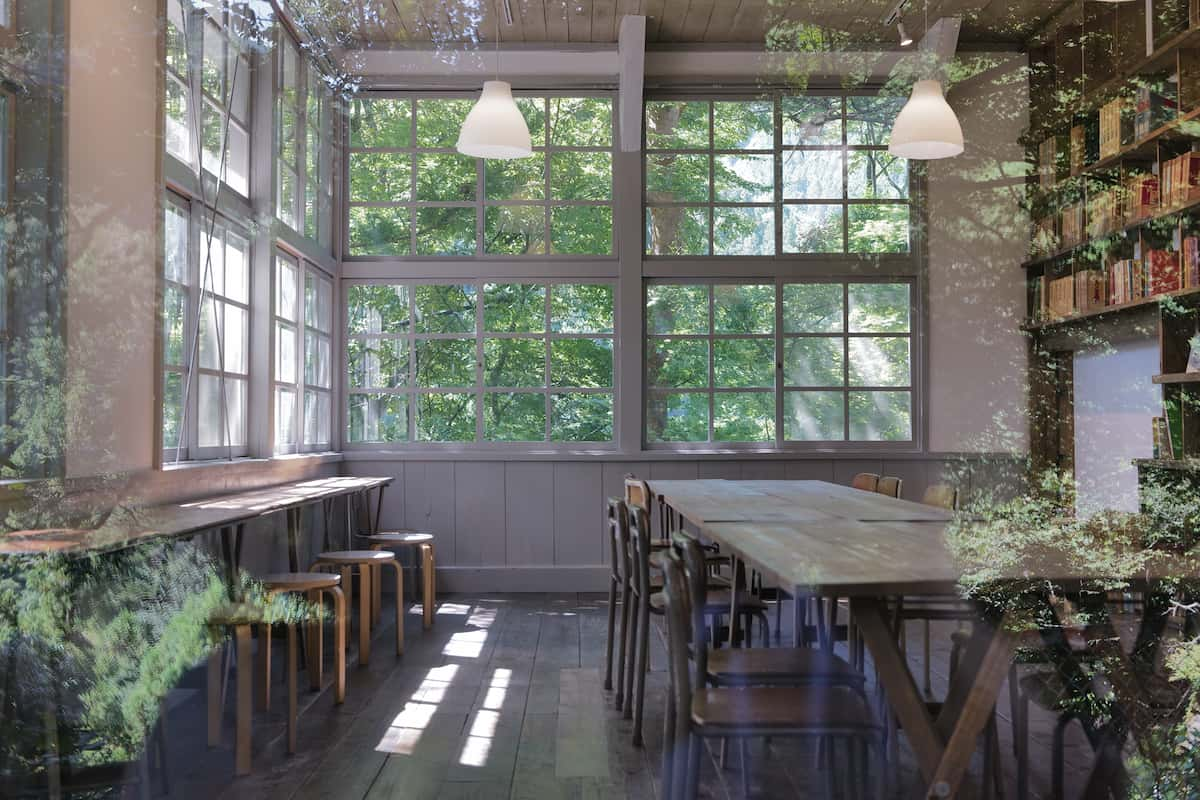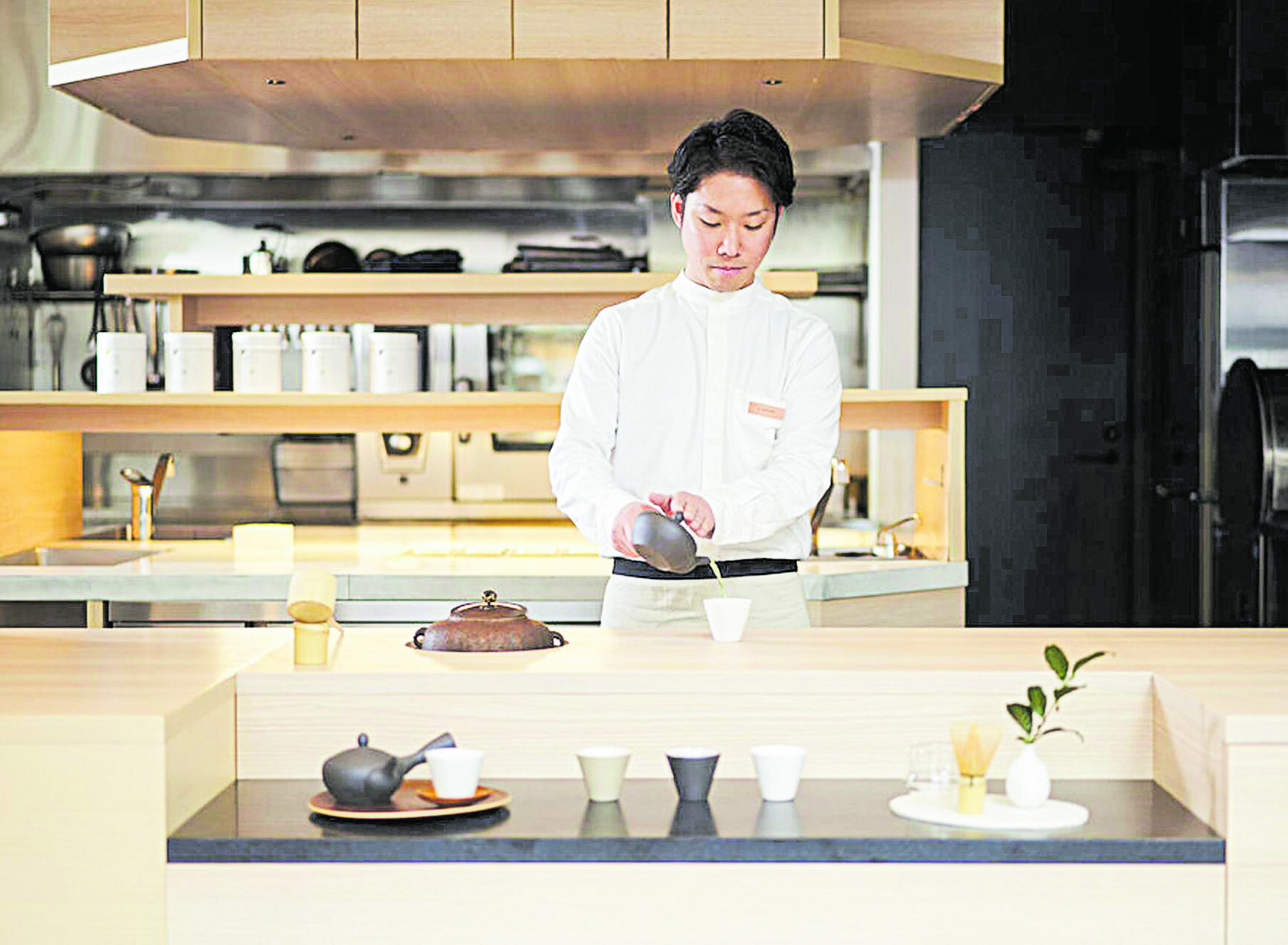Unique stays to enjoy Tokyo in a different way: discover unique activities

Tokyo isn't just a city: it's a universe where yesterday and tomorrow intertwine in perfect choreography. Flashing neon skyscrapers guard ancient temples; the murmur of the avenues contrasts with the reverent silence of the Zen gardens. Here, every traveler can choose their own gateway to Japan.
And for those looking to go beyond just visiting the city, the capital's themed hotels offer a direct passport to worlds ranging from the hustle and bustle of festivals to the serenity of tea, the scent of the countryside, or the nostalgia of comics that shaped generations.
We suggest five ways to discover Tokyo through accommodations that are a journey in themselves . Tokyo proves it can offer as many experiences as travelers visit. These accommodations aren't just places to sleep: they're settings that invite you to experience your own unique story.
In a city where trains arrive with pinpoint precision and temples invite you to lose track of time, staying in a themed hotel is another way to understand that Tokyo isn't just for visiting, it's for experiencing.
Celebrate a festival any day of the year In Nakano-Shimbashi, far from the beaten tourist trail, the Omatsuri Base Hotel is a constant party. In Japan, matsuri (festivals) are an explosion of music, lanterns, and color that usually last a few days, but here they are experienced without a calendar.
The beds mimic mikoshi, small portable shrines carried in processions; the walls are decorated with paper lanterns; the soundtrack is the same one you'd hear among the food and game stalls at a real festival. On the rooftop, guests and visitors can sample traditional food and sweets while playing with a yo-yo or shooting hoops. Staying at Omatsuri or visiting its terrace is like arriving at a celebration that never ends.

A woman dressed in a kimono walks through a row of ginkgo trees in Tokyo. Photo: iStock
During the Edo era (1603-1868), the Tokaido Highway connected Tokyo (formerly Edo) with Kyoto, and Shinagawa was one of the liveliest stops. Even today, this special district south of Tokyo retains that hospitable spirit, and its streets are home to wooden houses converted into cozy accommodations like the Shukuba Hotel.
Among tatami mats (traditional Japanese mats) and interior gardens, travelers can take part in lacquerware workshops, learn to make Japanese sweets, or explore on foot the corners where time seems to stand still . It's a Tokyo of low ceilings and sliding doors, where modernity awaits, but doesn't interrupt.
Other things to do in Shinagawa include exploring the Prince Hotel's public gardens; visiting Sengaku-ji Temple, where the graves of 47 masterless samurai (or ronin) are located; and strolling through Tennozu Isle, a hub for art and design.
Rediscovering life in the countryside Just 60 kilometers west of Shinjuku, Tokyo's main borough, the city lights dim and give way to the forests of Hinohara, an enclave where 93 percent of the land is green and which still belongs to Tokyo. At the Fujikura Schoolhouse Lodge, a renovated former elementary school, the bell calls not to class, but to rural experiences.
Here you learn to farm on mountain terraces, cook traditional satoyama (rural) dishes with seasonal produce, or harvest herbs and vegetables growing just steps from the kitchen. It's a profound respite for the urban traveler and an immersion in a Japan that thrives on the land.

The former staff room was converted into a cafe and community bar for this immersive hotel. Photo: Fujikura Schoolhouse Lodge
Japanese tea is more than a beverage: it's an art. At Hotel 1899 Tokyo, in the Shimbashi business district, every detail seems designed to pay homage to the green leaf. A cha-barrié, or "tea sommelier," greets guests with complimentary sencha or matcha in the lobby.
The rooms feature teapots, a selection of teas, and amenities with green tea extract; the hotel café serves sweets and drinks that fuse tradition and creativity, and a small shop offers exclusive blends. It's not just a hotel sleepover; it's an immersive experience when you wake up to the aroma of freshly brewed tea.

At Hotel 1899 Tokyo, a tea sommelier welcomes guests with a complimentary matcha. Photo: Hotel 1899 Tokyo
For anime and manga devotees, Tokyo is a sanctuary, and the Manga Art Hotel is their most intimate temple. This capsule hotel, near Ogawamachi Station, is lined with shelves of over 5,000 volumes, each with personalized annotations and recommendations from the staff.
The atmosphere is reminiscent of a quiet library, but with the promise of epic adventures on every page. And to extend the experience, Akihabara, the epicenter of otaku culture (manga, anime, cosplay, video games), is just a few minutes away by subway, with its shops, themed cafes, and windows filled with collectible figures.

At the Manga Art Hotel, you can sleep surrounded by 5,000 volumes of this Japanese comic. Photo: MANGA ART HOTEL
Travel Japan invites tourists to explore Tokyo beyond just the sights. To this end, it offers a series of recommendations for unique experiences the city offers. Here's the list of activities:
- A sushi class at the True Japan Tours Institute in Minato, where you'll learn how to make Edo-style nigiri sushi and sushi rolls. There are basic and deluxe experiences, and others include a tour of Tsukiji Market, once the world's largest tuna auction market. Today, wholesale sales and auctions have moved to Toyosu Market. Tsukiji is home to restaurants, cooking shops, and, of course, fresh produce stands.
- Learn how to make origami, a traditional Japanese art. Travel Japan recommends taking a class with Origami Kaikan, which offers workshops for beginners and advanced users. In addition to making figures, you'll learn about the history of this art, which has been practiced in Japan for centuries. If crafts aren't your thing, Origami Kaikan has a gallery you can visit.
- A class on shuji, Japanese artistic calligraphy, based on Chinese calligraphy. At the Udoyoshi Institute, you'll learn not only about calligraphy but also about the history of shuji.
eltiempo




